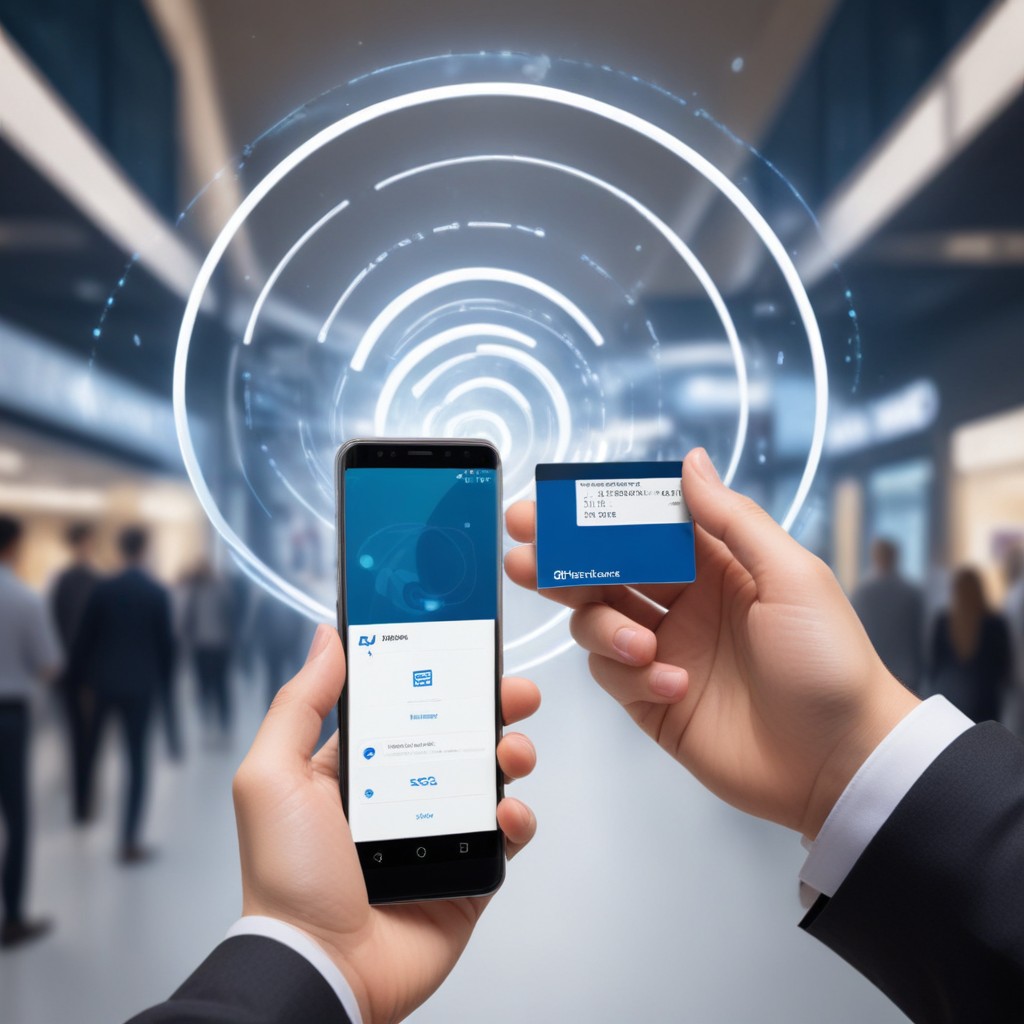
- May 14, 2024
- Tapcard
Networking in the Digital Era: The Power of Digital Business Cards
In the digital age, networking has transcended traditional boundaries. Gone are the days of exchanging paper business cards at conferences or industry events. Instead, the 21st century has ushered in a new era of networking, one dominated by technology and virtual connectivity. In this dynamic landscape, the role of technology in networking cannot be overstated, and digital business cards have emerged as a crucial tool in fostering connections and nurturing professional relationships.
Technology has revolutionised how we network by providing unprecedented access to a global audience. Platforms such as LinkedIn, Twitter, and professional networking sites have become virtual hubs where professionals can connect, interact, and share insights regardless of geographical limitations. The substantial increase in smartphones and mobile devices has further accelerated this trend, allowing individuals to network on the go, anytime, anywhere.
One key advantage of networking in the digital age is the ability to reach a diverse range of individuals with relative ease. Whether you’re a budding entrepreneur looking for investors, a freelancer seeking new clients, or a professional aiming to expand your professional circle, technology provides you with a vast pool of potential connections. Social media algorithms and networking platforms help streamline this process by suggesting relevant contacts based on shared interests, mutual connections, and professional backgrounds.
Moreover, technology has facilitated more personalised and meaningful interactions in networking. Through platforms like LinkedIn, professionals can research their counterparts, gain insights into their professional journey, and tailor their outreach accordingly. This level of customisation enhances the effectiveness of networking efforts and fosters genuine connections based on shared interests and goals.
In this digital ecosystem, we must recognise the role of digital business cards. While traditional business cards serve as tangible reminders of a professional encounter, their digital counterparts offer various benefits that align with the demands of modern networking. Digital business cards, often in the form of a single card, mobile apps or virtual profiles, provide a convenient and eco-friendly alternative to their paper counterparts.
One of the primary advantages of digital business cards is their versatility and accessibility. Unlike traditional business cards, which can be misplaced or forgotten, digital business cards can be easily stored and retrieved on smartphones or other digital devices. This ensures that your contact information is always at your fingertips, ready to be shared at a moment’s notice.
Furthermore, digital business cards offer opportunities for enhanced engagement and interaction. Tapcard, for example, allow users to include multimedia elements such as videos, links to portfolios, or social media profiles. This helps create a more dynamic and memorable impression and provides recipients with valuable insights into your skills and expertise.
Digital business cards also support networking by facilitating seamless follow-up and communication. With traditional business cards, following up often involved manually inputting contact information into your digital address book or CRM system. In contrast, digital business cards can be integrated with existing software applications, allowing for automated follow-up and streamlined communication workflows.
Additionally, digital business cards enable real-time updates, ensuring your contact information remains current and accurate. Whether you’ve changed jobs, updated your phone number, or launched a new website, digital business cards can be easily updated to reflect these changes, eliminating costly reprints and ensuring your network stays connected.
In conclusion, networking in the 21st century increasingly relies on technology, with digital business cards playing a pivotal role in facilitating connections and nurturing professional relationships. As the digital landscape continues to evolve, embracing innovative networking tools and strategies will be essential for staying competitive and leveraging the power of technology to expand your network and achieve your professional goals. So, whether you’re attending a virtual conference, connecting with industry peers on social media, or reaching out to potential collaborators, consider the impact of digital business cards in enhancing your networking efforts and propelling your career forward.

